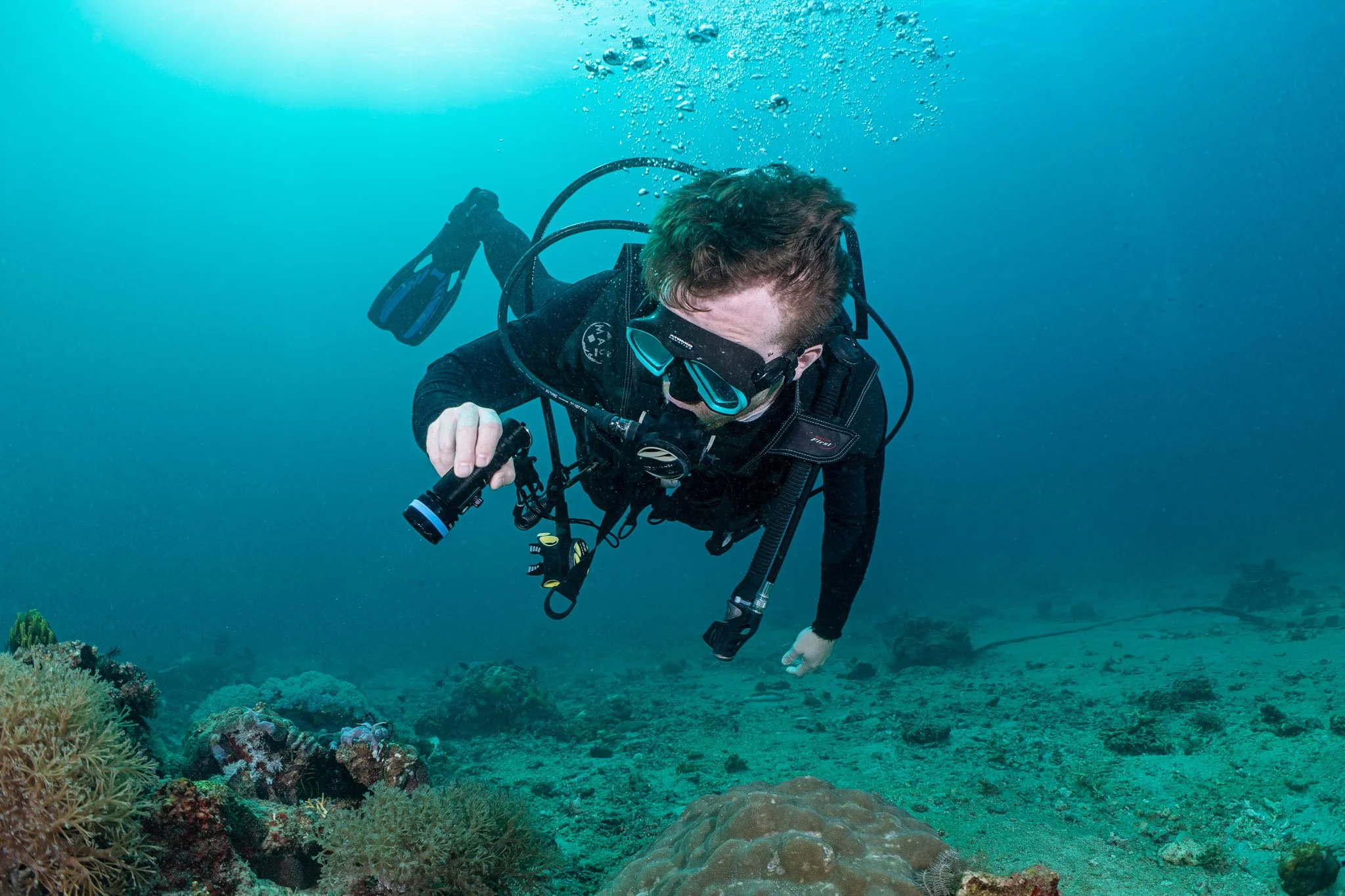Come learn about exciting research on marine animals and how they can help us learn about how our own brains work!
Doors open at 7:00PM. Event is 21+ with limited capacity - reserve your spot here. Free event.
Ink-credible Invertebrates: Why We're Suckers for Cephalopods
Connor Gibbons
Cephalopod Facility Manager in Richard Axel's Lab
Columbia University
Connor Gibbons is a marine biologist and professional aquarist. He currently runs a cephalopod culturing facility at Columbia University and was formerly the senior aquarist of fish and invertebrates at the New York Aquarium. Connor loves cephalopods, SCUBA diving, snowboarding, and reading comic books. If you have any good fish facts please send them his way after the talk!
Cephalopods are among the most fascinating animals in the ocean and bear the title "World's Most Intelligent Invertebrate". With three hearts, blue blood, and the ability to change color in milliseconds, these animals capture the imagination of all who encounter them. Cephalopods have inspired sailors to craft tales of sea monsters but have also inspired scientists to figure out how a neuron fires. They have lived in our oceans long before the dinosaurs and continue to inspire tales of wonder.
Do octopuses dream?
Marcelo Magnasco, PhD
Professor and Head of the Laboratory of Integrative Neuroscience
The Rockefeller University
Marcelo Magnasco’s group uses living beings as a source of inspiration for creating new mathematical descriptions of nature. The lab’s main focus is on computational and experimental neurophysiology, primarily in the context of auditory function but also touching on vision, memory, olfaction, and other sensory processing, as well as studies of dolphin communication in aquaria and in the wild.
Magnasco uses both computational and experimental methods to model the complexity, organization, and information-processing properties of living organisms. The lab concentrates on sensory processing, employing experimental techniques to investigate the auditory representation of complex objects in laboratory animals as well as in humans. They also study communication in dolphins. Using computer modeling, they work to understand how and where sound is processed in the mammalian brain, as well as more general models of brain function.


